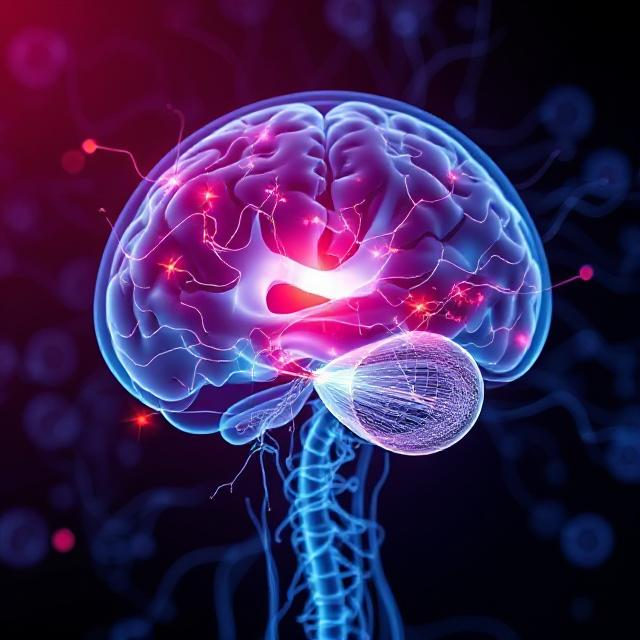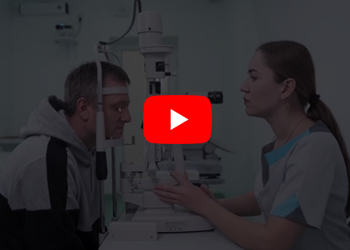Treatment and Management:
Treatment of neuro-ophthalmic conditions often involves a multidisciplinary approach, with collaboration between
neuro-ophthalmologists, neurologists, neurosurgeons, and other specialists as needed. Depending on the underlying cause
of the visual disturbance, treatment may include medications, surgery, vision rehabilitation, or management of the
underlying neurological condition.
In summary, neuro-ophthalmology is a specialized field that addresses the complex relationship between the eyes and the
nervous system. Neuro-ophthalmologists play a crucial role in diagnosing and managing visual disturbances related to
neurological conditions, with the ultimate goal of preserving and improving patients’ visual function and quality of
life.




